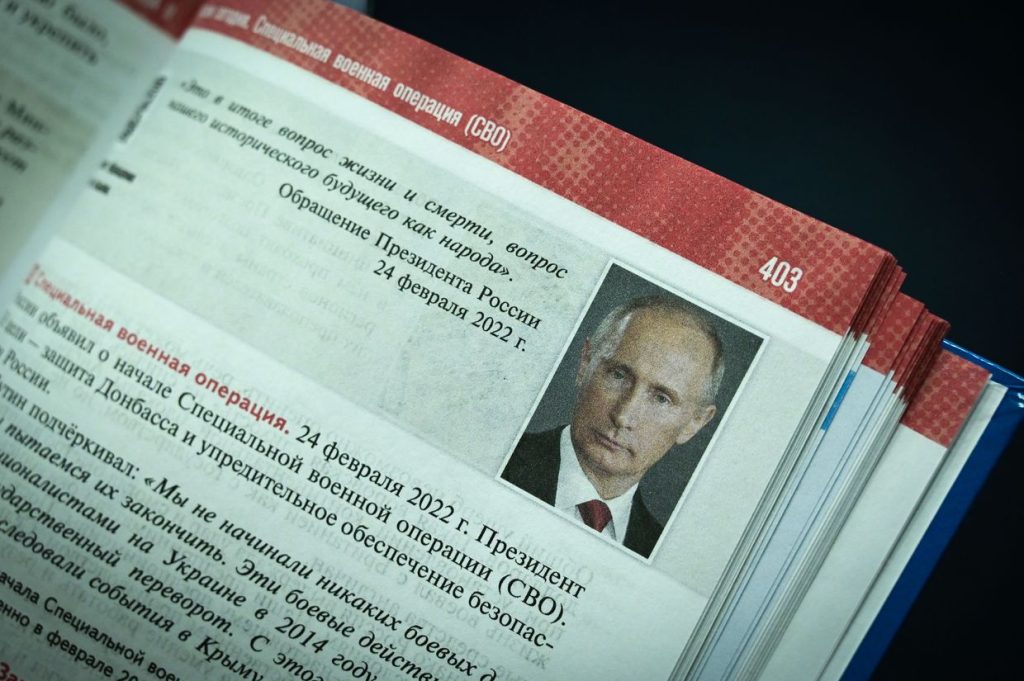Russia’s book union has established an advisory body to ensure compliance with national legislation, particularly laws targeting the LGBT community in Russia. This body includes representatives from various organizations, such as Roskomnadzor, the Russian Historical Society, and the Russian Orthodox Church. If any books are found to violate national legislation, the body will recommend their removal from shelves, although the final decision lies with the publisher. Notably, the advisory body’s recommendations led to the suspension of sales of several books by prominent authors, including James Baldwin and Michael Cunningham, due to alleged “LGBT propaganda.”
One of the leading Russian publishers, AST, decided to suspend sales of books by U.S. authors and a Russian author following the advisory body’s recommendations. The AST also withdrew two other books, citing “propaganda of non-traditional sexual relationships.” These actions come in the context of Russia’s stringent laws targeting LGBT content, with a ban on “LGBT propaganda” passed in late 2022 and further restrictions imposed by the Supreme Court in 2023. Roskomnadzor has also issued fines to television providers and streaming services for showing LGBT content, highlighting the harsh climate for LGBTQ+ rights in Russia.
In the midst of Russia’s repressive stance on LGBT issues, the story of Ada Blakewell, a trans woman navigating societal norms and legal constraints, shines a light on the struggles faced by LGBTQ+ individuals in the country. Ada’s journey reflects the challenges and discrimination experienced by many in Russia, where the rigid enforcement of traditional values hinders the freedom and rights of marginalized communities. As Ada’s story unfolds, it serves as a reminder of the resilience and courage displayed by LGBTQ+ individuals in the face of adversity and persecution.
The suppression of books containing perceived “LGBT propaganda” in Russia underscores the broader crackdown on LGBTQ+ rights in the country and the restriction of freedom of expression. By targeting literature that challenges traditional views on sexuality and gender, the Russian authorities are reinforcing a culture of discrimination and intolerance towards the LGBTQ+ community. This censorship not only limits access to diverse perspectives and voices but also perpetuates harmful stereotypes and prejudices against LGBTQ+ individuals, further marginalizing an already vulnerable population.
Supporting independent journalism in Ukraine is crucial in amplifying diverse voices and shedding light on human rights violations and injustices in the region. By joining the fight for independent reporting and supporting media outlets that prioritize truth and transparency, individuals can contribute to holding those in power accountable and advocating for the protection of fundamental rights. Amidst challenges to freedom of expression and LGBTQ+ rights in countries like Russia, standing up for independent journalism becomes a vital means of safeguarding democracy, promoting inclusivity, and fostering a culture of openness and acceptance.















